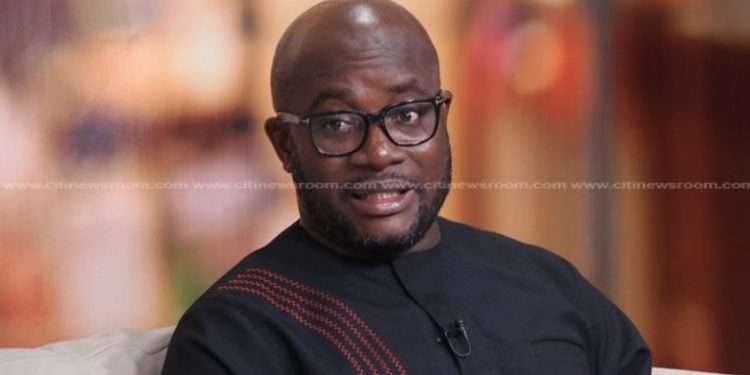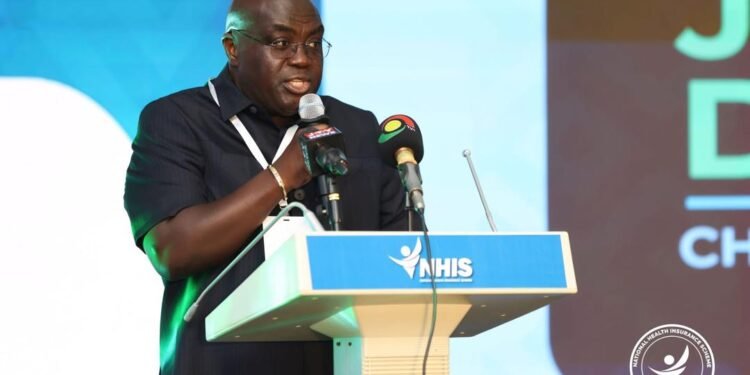The advent of technology has revolutionized nearly every aspect of life, and the music industry is no exception. While innovations have opened new avenues for creativity and distribution, they have also significantly complicated the copyright landscape.
Copyright law was established to protect the rights of creators and ensure they receive recognition and compensation for their work. However, the rapid evolution of technology has outpaced many existing legal frameworks, leading to significant challenges in enforcement and compliance.
The rise of digital platforms like Spotify, Apple Music, and YouTube has transformed how music is consumed. While these platforms offer artists unprecedented access to global audiences, they also complicate how royalties are calculated and distributed. Traditional models of compensation have been disrupted, leading to debates about fair pay for artists.
The Minister of Tourism, Arts and Culture, Andrew Agyapa Mercer, highlighted the impact of technological advancement on copyright.
He said people in the cultural and creative industries are at a crossroads of creativity and innovation where copyright plays a vital role in the dispensation of creativity.
“We must acknowledge the challenges we face. The rapid advancement of technology has complicated the landscape of copyright. From piracy to unauthorized use of creative works, these issues demand our immediate attention and action,” Andrew Agyapa Mercer said.
Agyapa indicated that copyright is not just a legal framework; it is by extension, the foundation upon which arts and culture thrive.
He further noted that copyright enables inventors/creators, artists, and cultural practitioners to gain recognition and get rewarded for their invaluable contributions to society.
“As Director Generals, you play a pivotal role in the implementation of copyright laws. Your position is central in fostering an environment where creativity flourishes, while also respecting the rights of those who create the products. It behooves you to be champions of private copyright, ensuring that our artists, creative practitioners, and creators receive a fair deal for their works.”
Andrew Agyapa Mercer
The Minister, however, acknowledged the contribution of ECOWAS in shaping the intellectual property landscape of the creatives in the sub-region.
“ECOWAS has made significant strides in strengthening the capacity in its member states, assessing the status of copyright office and protecting intellectual property and fostered collaboration with international organizations. Which has been very instrumental in addressing copyright challenges.”
Andrew Agyapa Mercer
The internet has made it easier than ever to share and distribute music. While this has democratized access to music, it has also led to rampant piracy. Websites and peer-to-peer networks allow users to download music without compensating the creators, undermining the financial viability of the industry.
The rise of AI in music production has introduced new complexities to copyright. AI generates music, lyrics, and even visual art, leading to debates about authorship and ownership. If a song is created by an AI, who holds the copyright? The programmer, the user, or is it in the public domain?

The global nature of the internet makes it challenging to enforce copyright laws. Different countries have varying laws, and what is considered copyright infringement in one jurisdiction is not in another. This creates a patchwork of protections that can be exploited.
Despite the challenges posed by technology, there are also numerous opportunities for creators to leverage these advancements to their advantage.
Artists bypass traditional gatekeepers by using platforms like Bandcamp, Patreon, and social media to connect directly with fans. This allows them to retain a larger share of their revenue and build a more personal relationship with their audience.
Navigating Future of Copyright
As technology continues to evolve, so too must copyright laws. Policymakers, industry stakeholders, and creators must work together to address the challenges posed by digital advancements while ensuring that artists are fairly compensated for their work.
There is a growing call for reforming copyright laws to better reflect the realities of the digital age. This includes updating definitions of copyright infringement, clarifying fair use, and establishing more equitable royalty distribution models.
Creators must be educated about their rights and the complexities of copyright in the digital age. Understanding how to protect their work and navigate licensing agreements is crucial for success.
The music industry benefits from collaborating with technology companies to develop solutions that protect artists’ rights while promoting innovation. This could include better tracking systems for royalties or more transparent licensing agreements.
Artists and industry organizations must advocate for fair compensation models that reflect the realities of digital consumption. This includes pushing for legislative changes that ensure artists receive a fair share of revenue generated from their work.
The intersection of technology and copyright presents both challenges and opportunities for musicians and creators. While the digital landscape complicates traditional copyright frameworks, it also offers new avenues for exposure, revenue, and direct engagement with audiences.
By staying informed, advocating for their rights, and embracing the opportunities presented by technology, artists can navigate this complex landscape and thrive in the evolving music industry.
As we move forward, it is essential to strike a balance between protecting creators’ rights and fostering an environment that encourages innovation and creativity.
READ ALSO: NDC to Meet CSOs, Diplomats, and Others on 2024 Voters Register Discrepancies























